There is no denying it – we live in an age where children are exposed to news 24/7. It comes to them across social media channels, through memes, on TV, from peers and even as educational content in the classroom. And no surprise – not all of that news is good. In fact, most of it is traumatic and violent.
Practically, as adults and caregivers, we can start addressing the news our children are exposed to by limiting the hours the TV is on and setting limits on our children’s devices, such as limiting time and access to apps. (TIP: Turn the TV off and put music on!)
This is a great place to start, but it won’t stop your child from consuming troubling or even harmful information. We can mitigate negative effects by having conversations with our children about what they are hearing and seeing on the news.
For those of you with middle school aged children (11 – 13 years old), these conversations may seem even more tricky when you throw in hormones and the fact that they have a love/hate relationship with everything in their lives (including us!). That’s why it’s so important to help them process the news they are inundated with, open up about what they know is going on, and talk about how they feel about it. Following these steps will help kids find a measure of security and comfort; it will also help establish a bond of trust with you when they know they can come to you for real talk.
Here are some great conversation starters:
- Have you heard about __________ in the news?
- What do you think about ________ ?
- I heard you mention ____________ . I’m interested to know what you have heard about that.
- How did you feel when you saw ___________ on the news?
- That was a really hard story to listen to on the news. How did that make you feel?
- Who do you consider to be reliable sources to learn about what is going on in the world?
- Together, let’s explore some sites online that are appropriate places for you to learn more about _________.
Our kids are going to talk to someone about it, so as the parent or caregiver, you can either be the first one to start the conversation or the one they come to for facts or follow up questions. Just think of the future conversations this will lead to and how it will strengthen your relationship!
Bonus Tip: Reach out to your middle schooler’s teachers, counselors, librarians, media specialists, and even the school administrators to learn what is being discussed in class as it relates to current events. Many schools use resources such as Newsela, Scholastic Magazines, and Time for Kids as a way to tie in current events with educational standards.
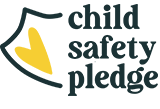
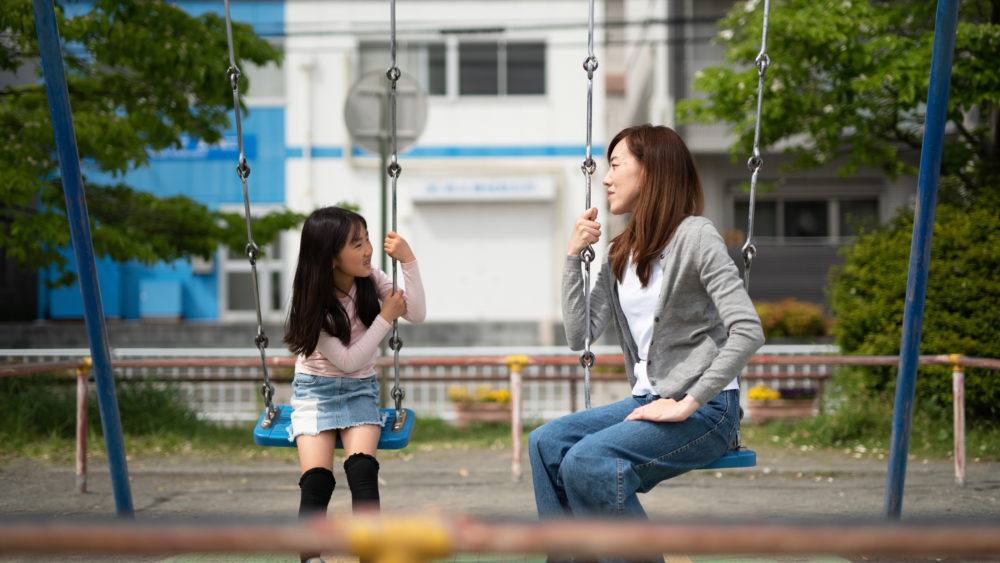

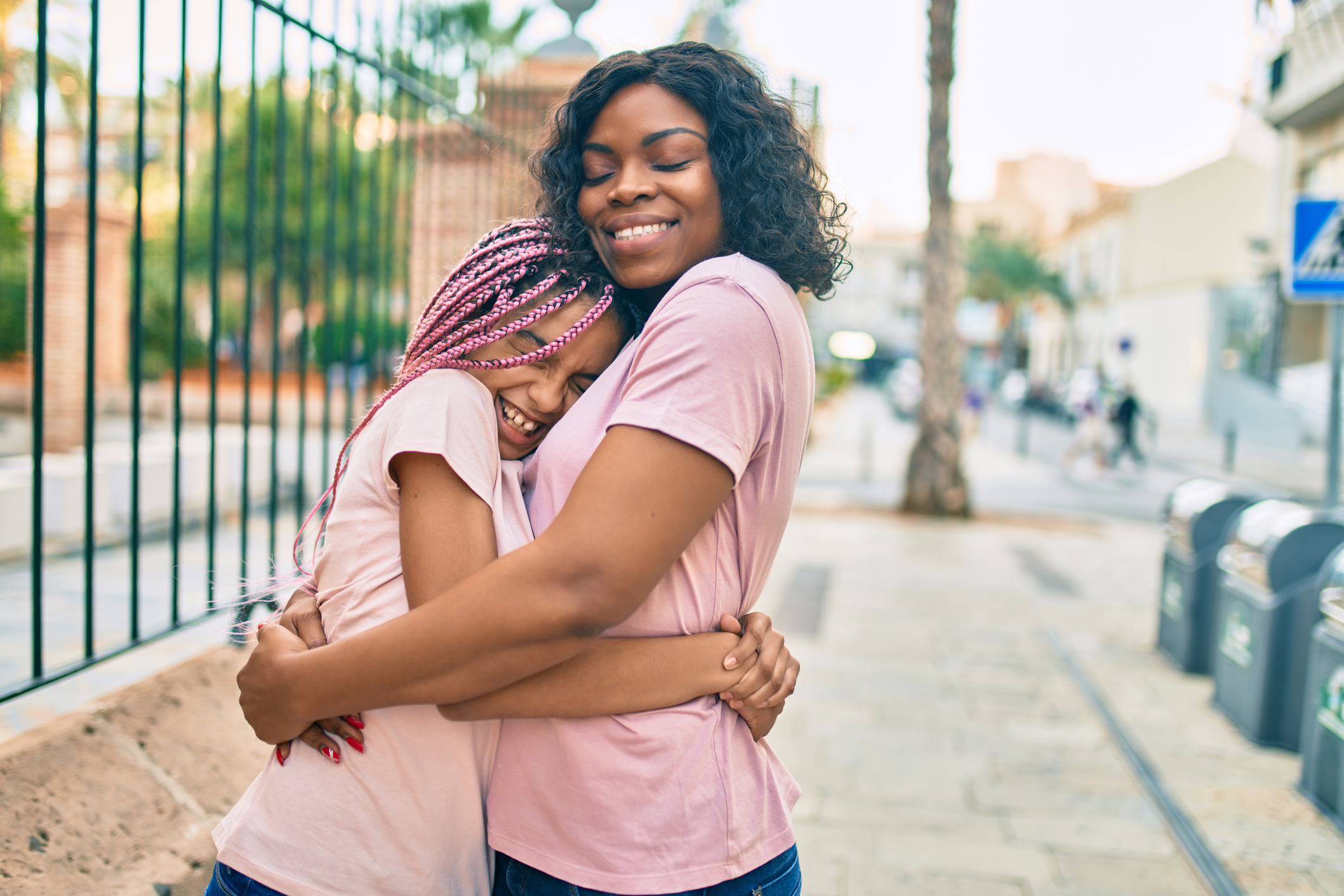



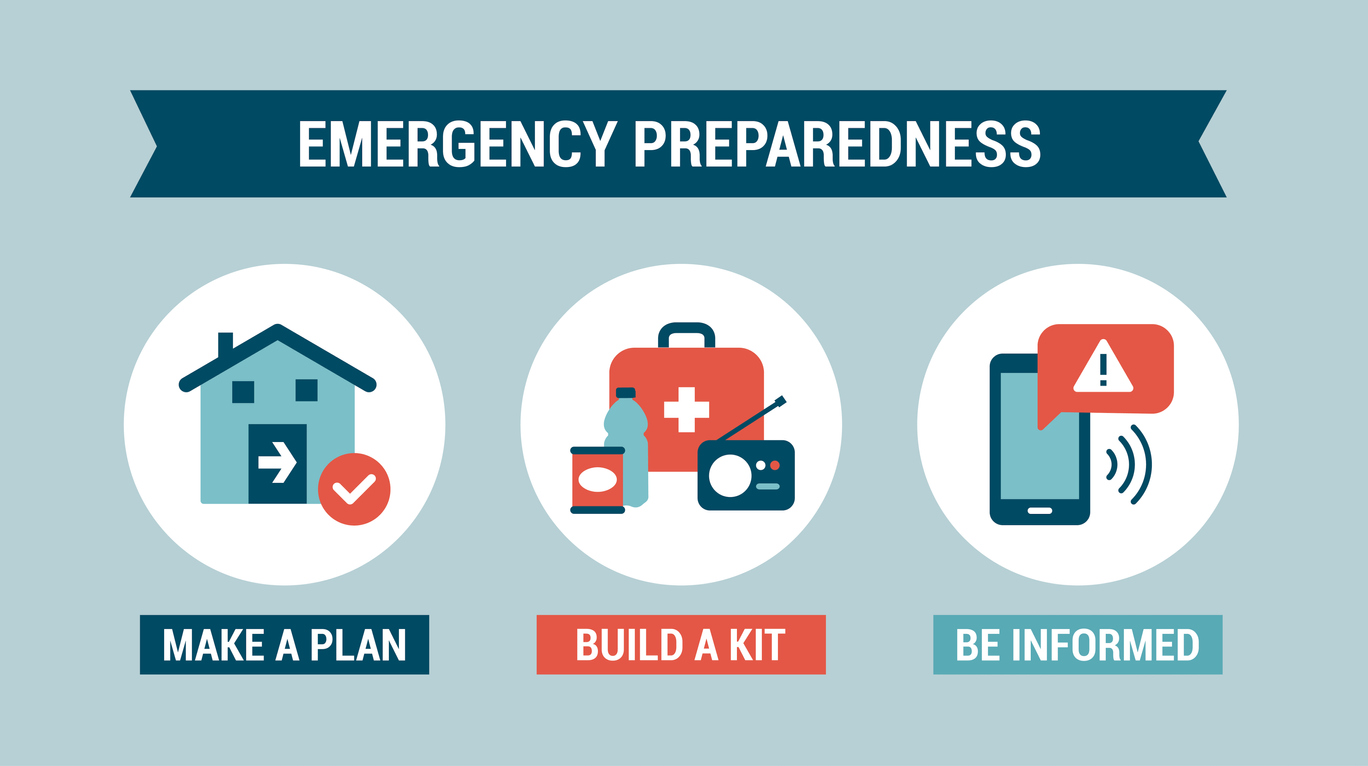
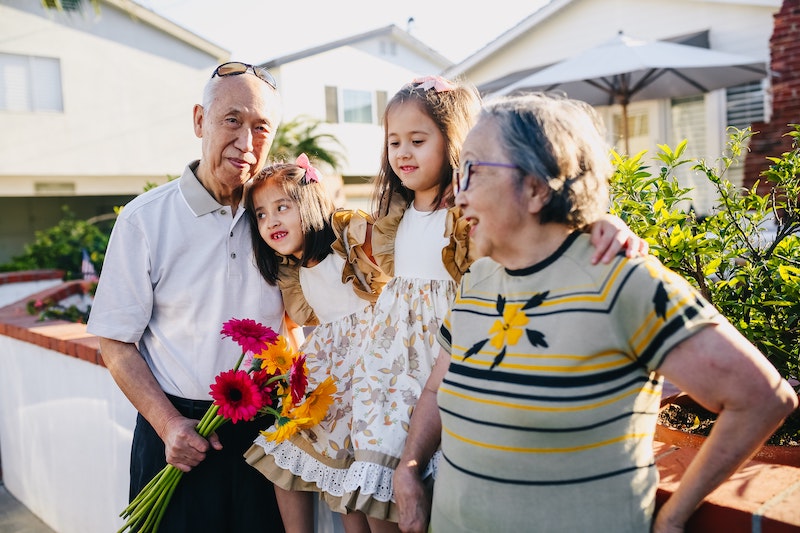
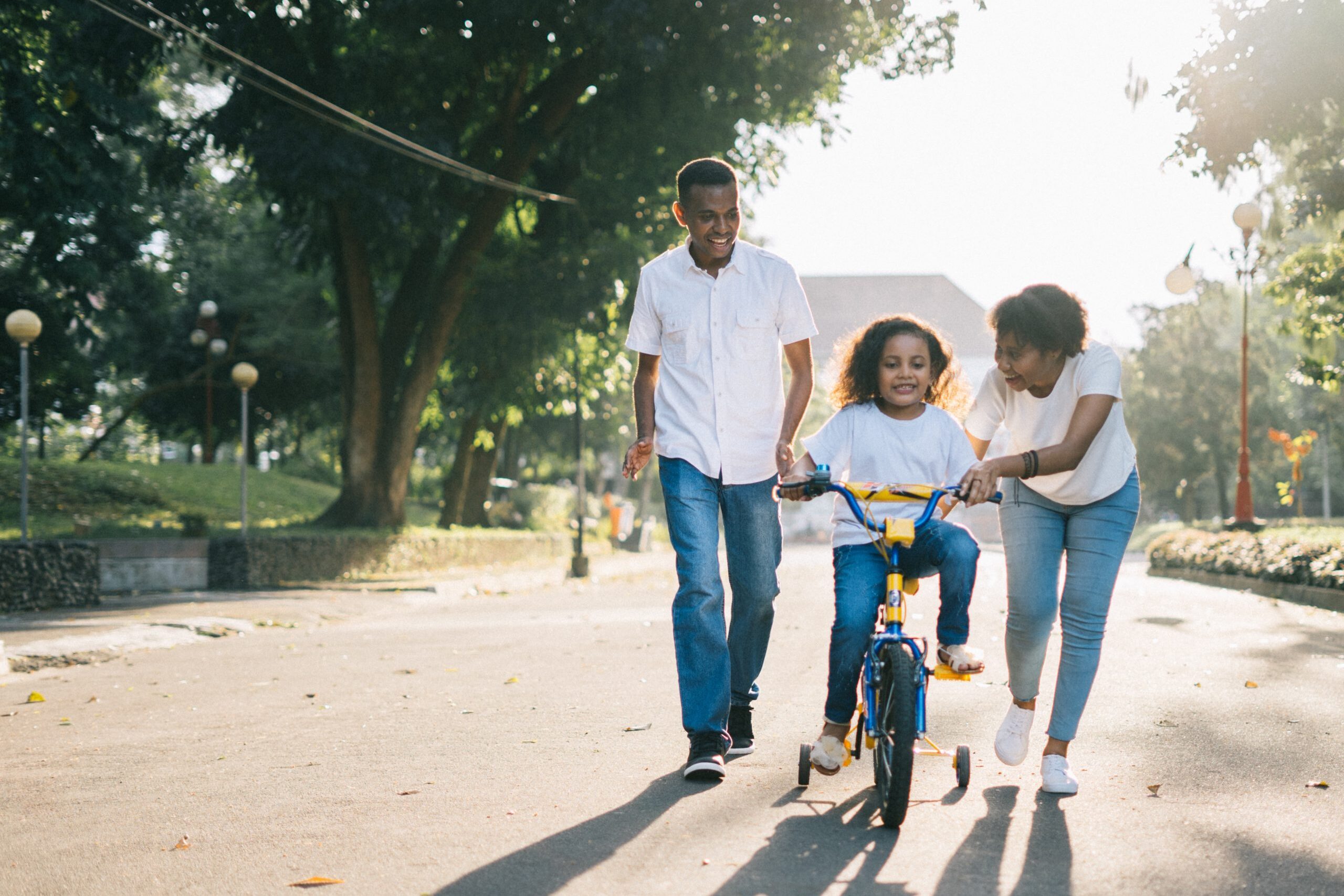
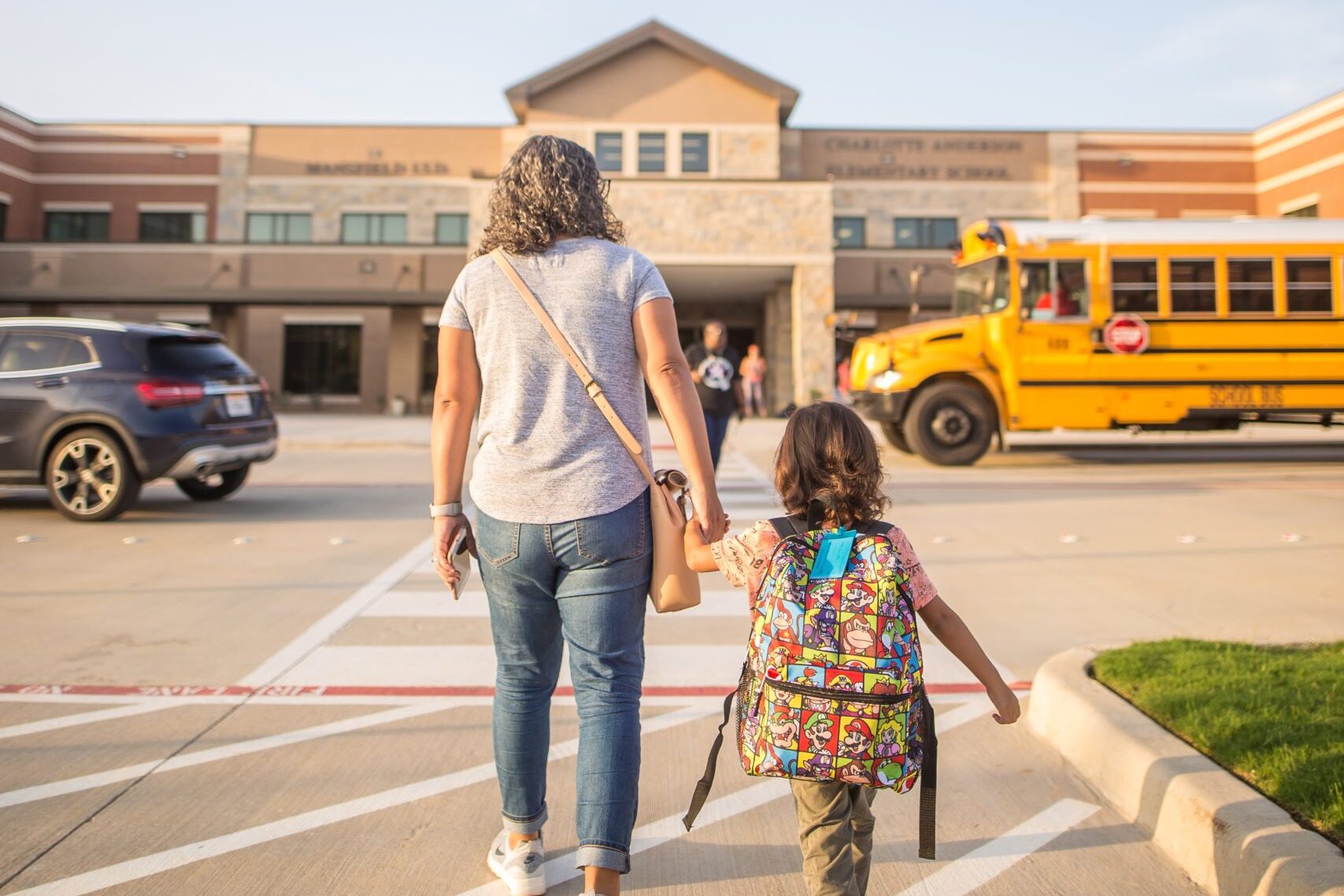
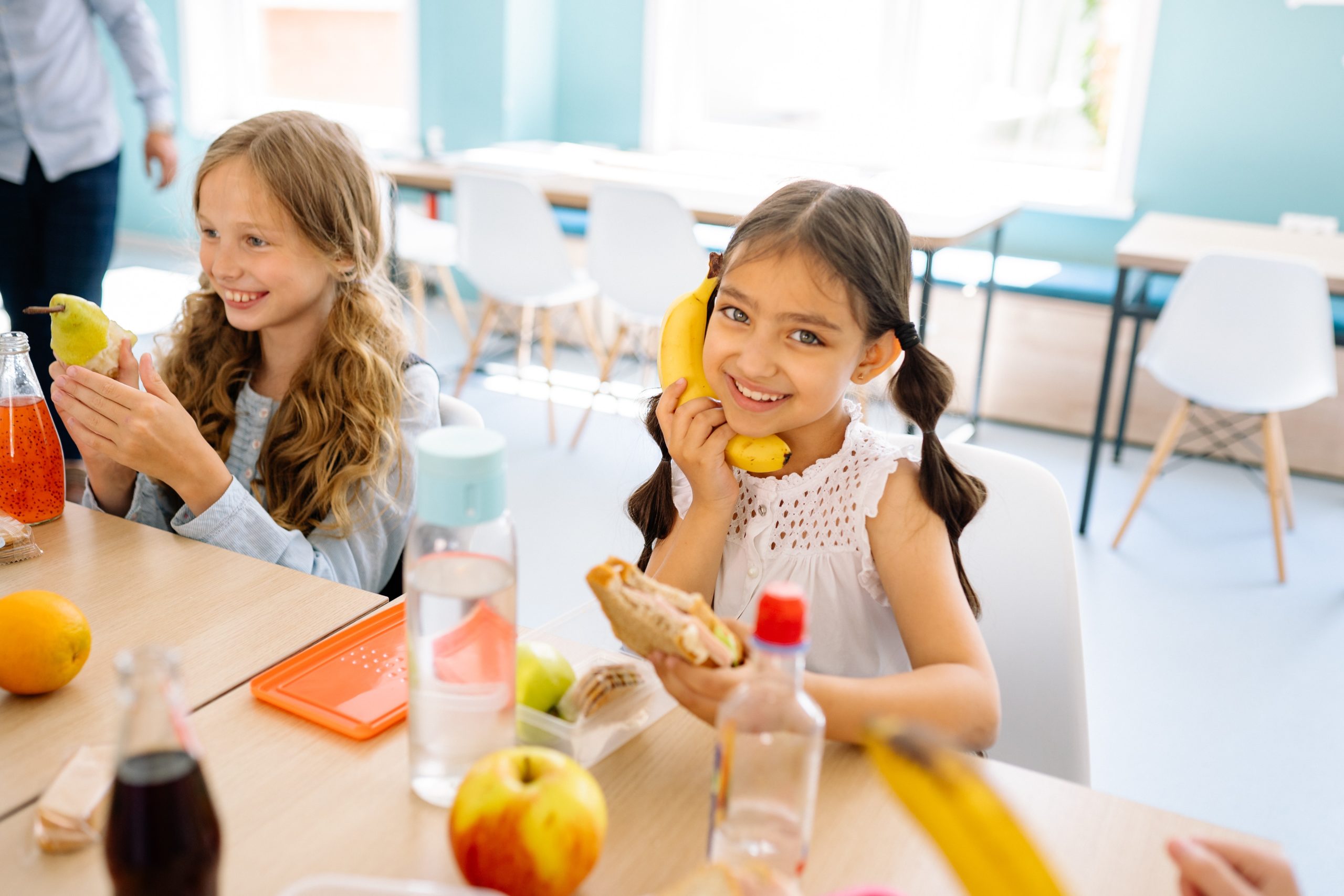
Comments are closed.